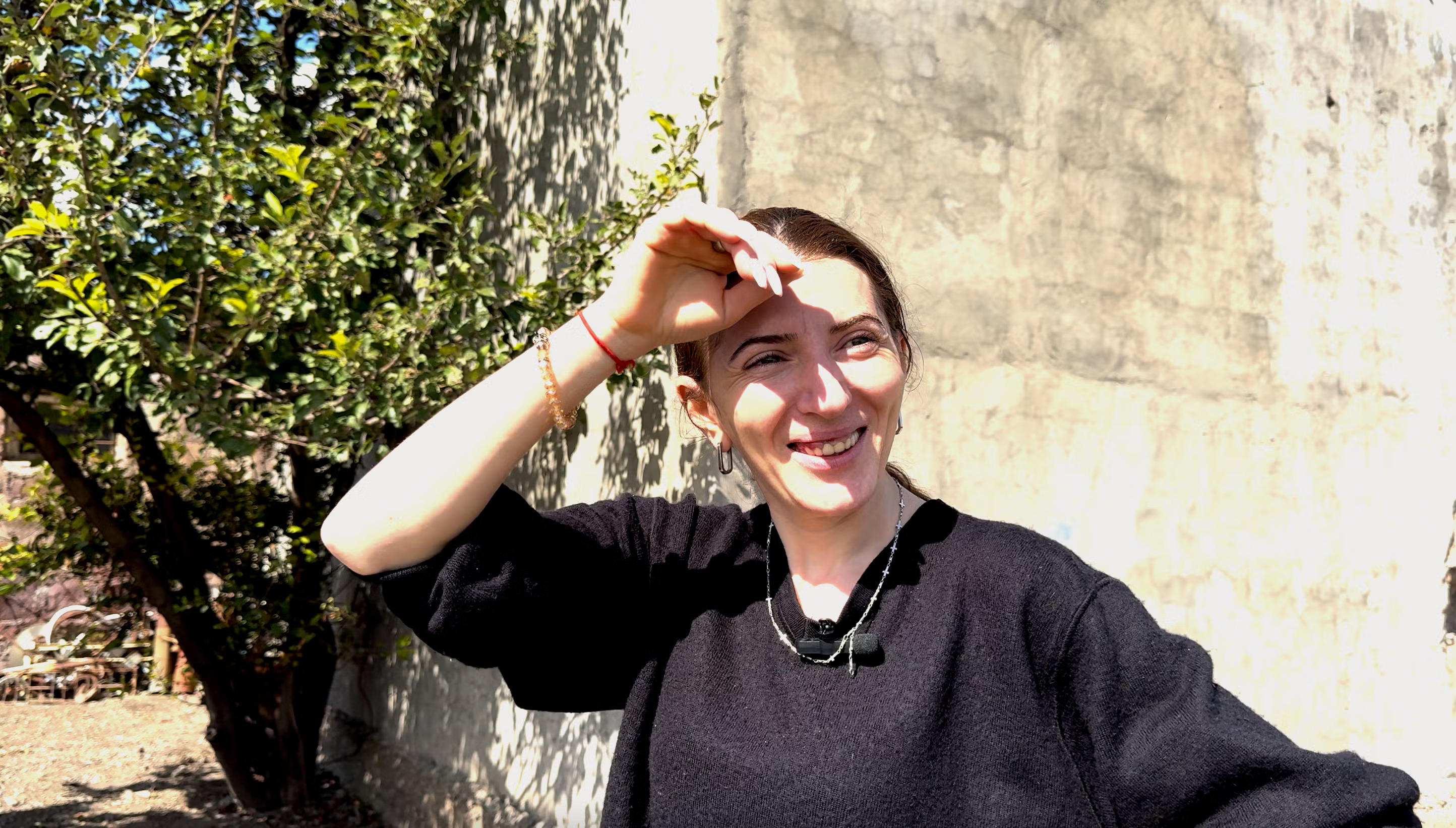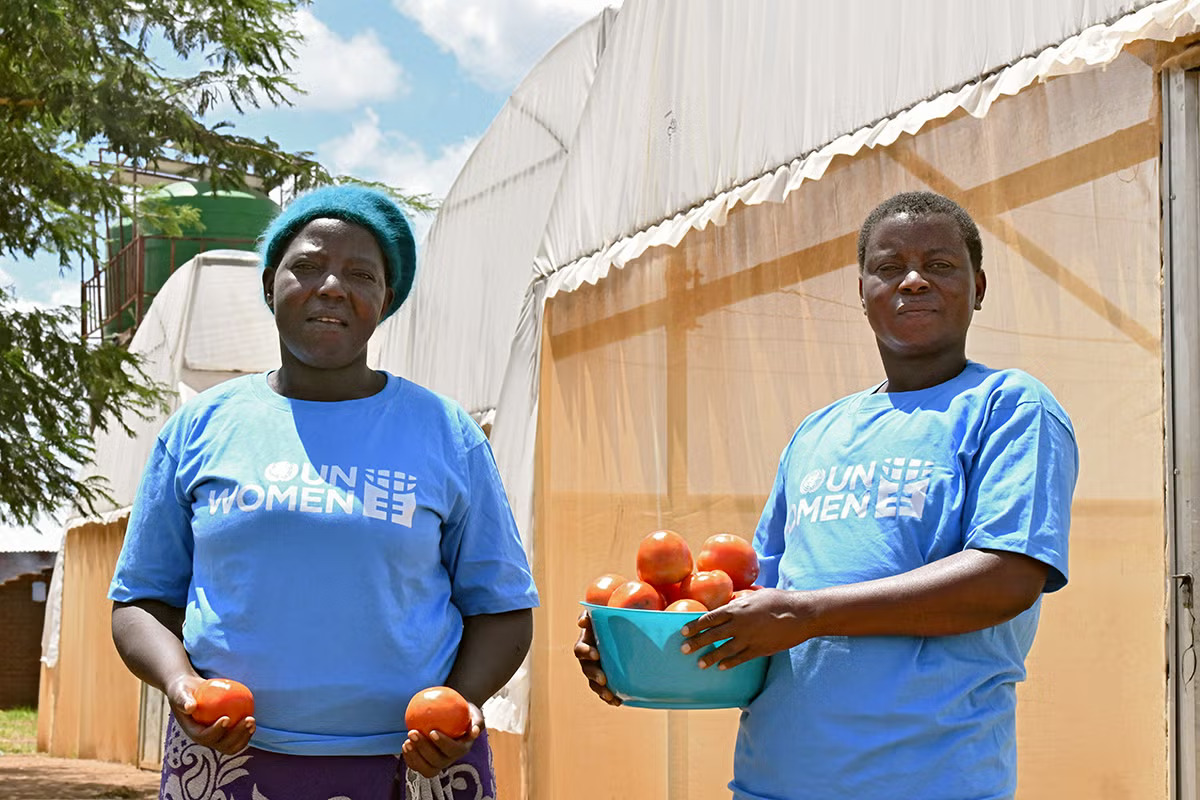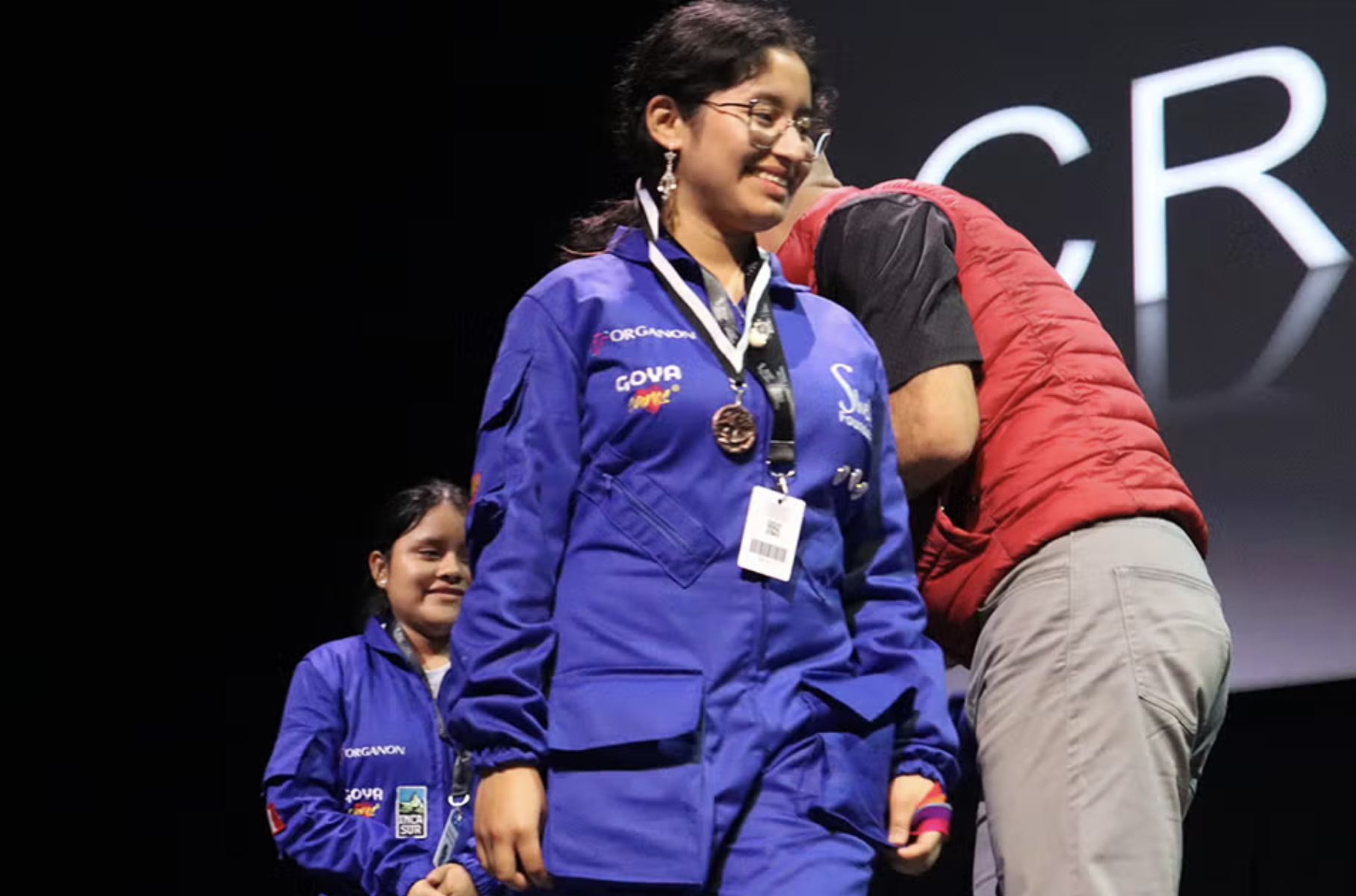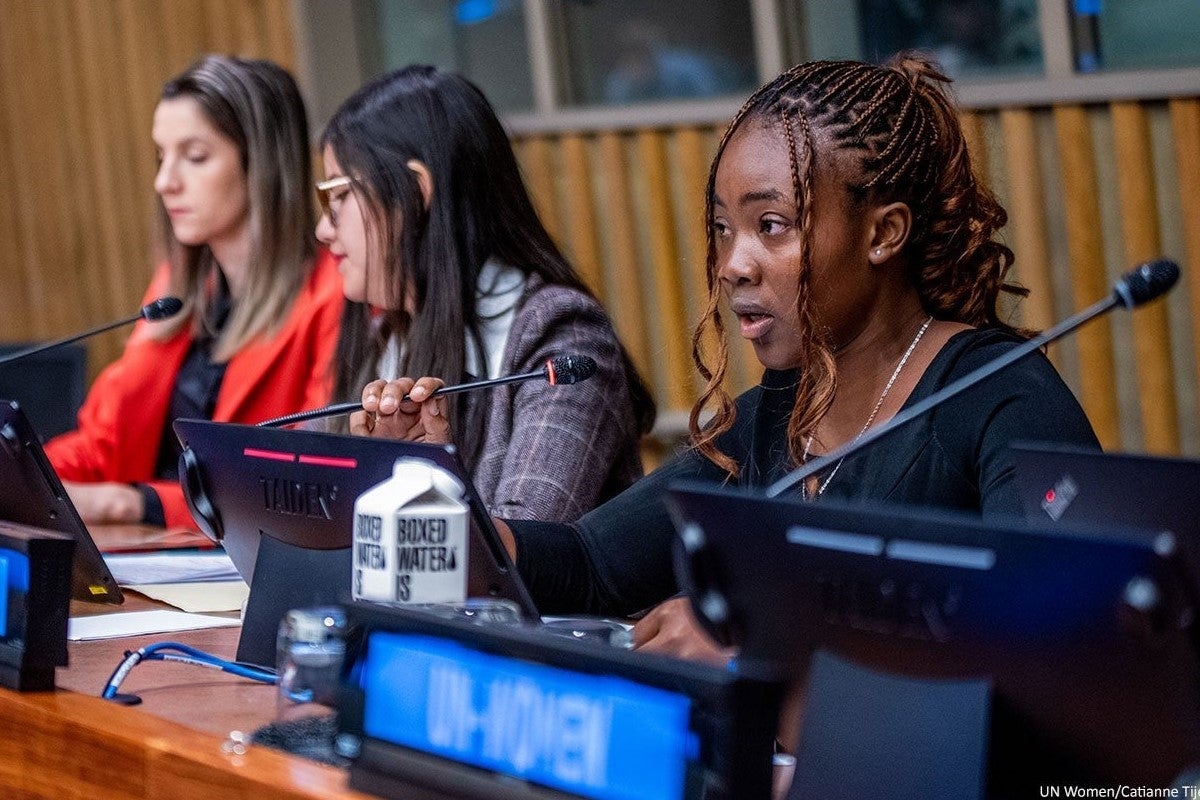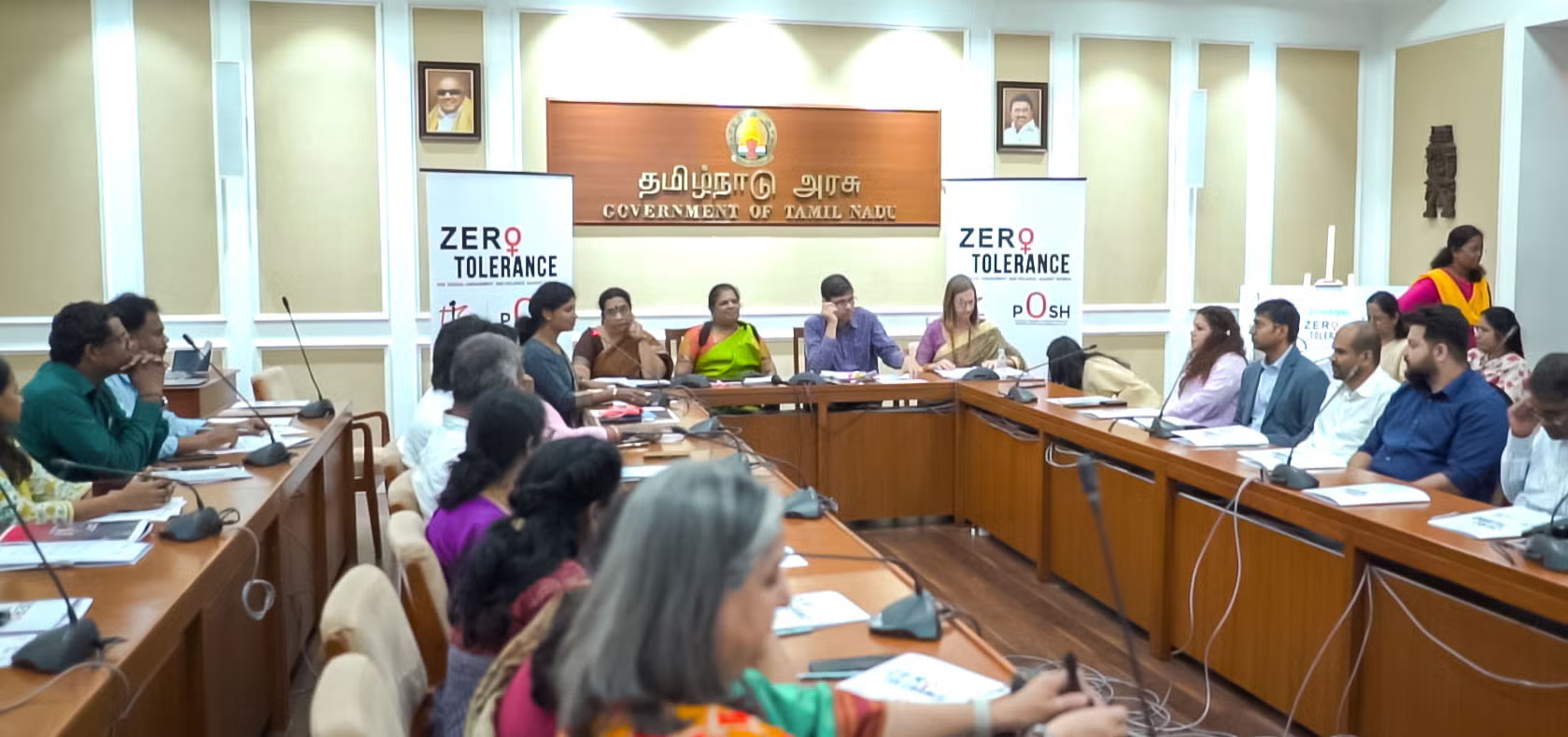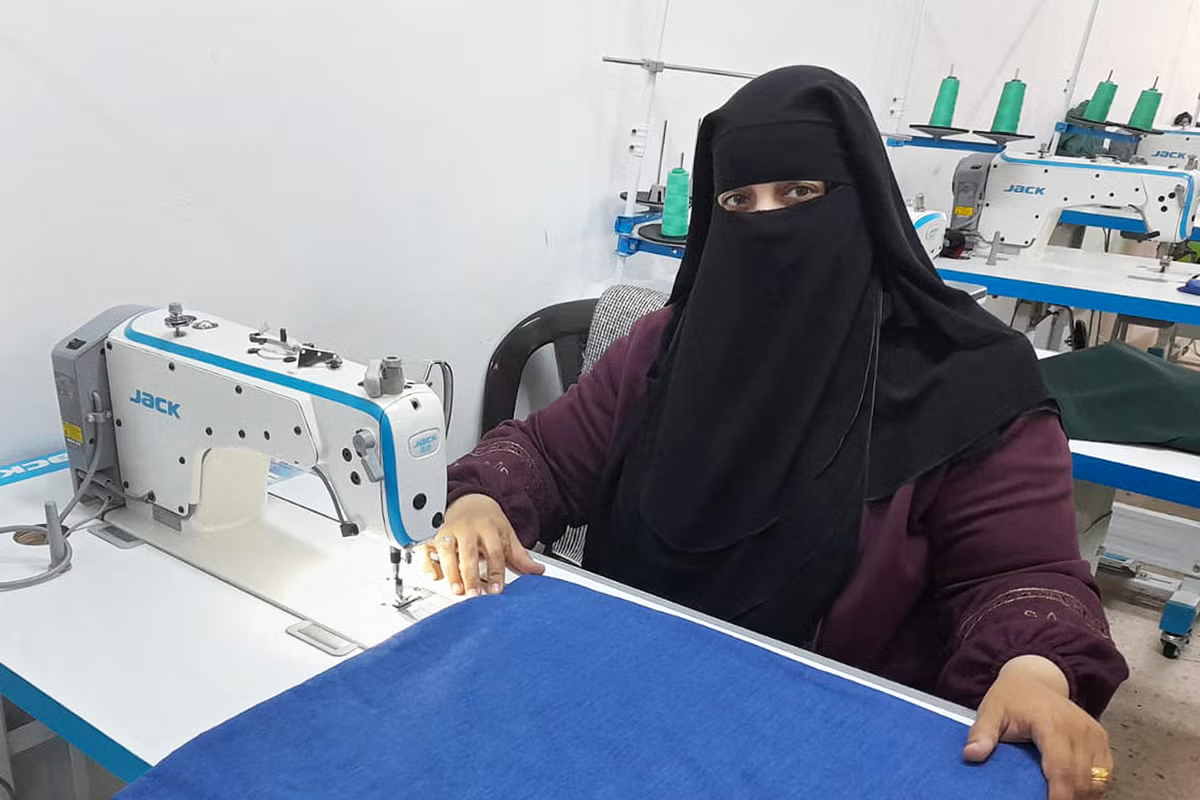Our Global Results
Overview of impact
Legend
Regional office Multi-country office Country office PresenceFinancial flows (expenses) in 2024
Find out where UN Women's resources come from, where they go and how they are changing the lives of women and girls.
Impact indicators in 2024
UN Women is co-custodian of this SDG indicator with UN Statistics Division (UNSD).
Common indicators are those that appear verbatim the same in at least two entities' results frameworks and are drawn, where possible, directly from other globally agreed frameworks.
Common

Common indicators are those that appear verbatim the same in at least two entities' results frameworks and are drawn, where possible, directly from other globally agreed frameworks.
Common

Complementary indicators are identified as those in the results framework that are not repeated verbatim in the results framework of another United Nations entity, but are related or provide different but complementary lenses or insights into the same issue, high-level result and/or area of complementary work, such as a Sustainable Development Goal target.
Complementary



Common indicators are those that appear verbatim the same in at least two entities' results frameworks and are drawn, where possible, directly from other globally agreed frameworks.
Common


Complementary indicators are identified as those in the results framework that are not repeated verbatim in the results framework of another United Nations entity, but are related or provide different but complementary lenses or insights into the same issue, high-level result and/or area of complementary work, such as a Sustainable Development Goal target.
Complementary



